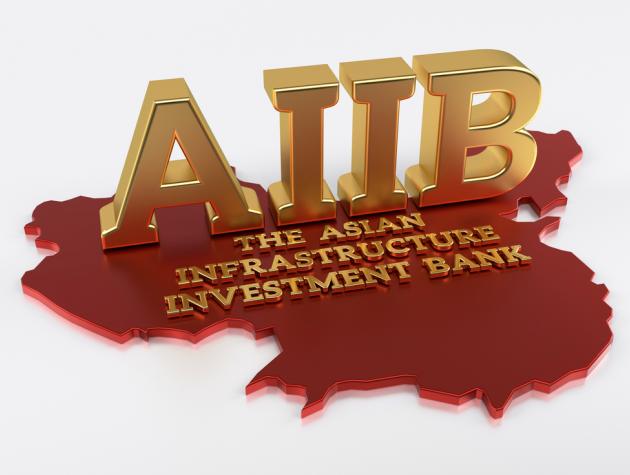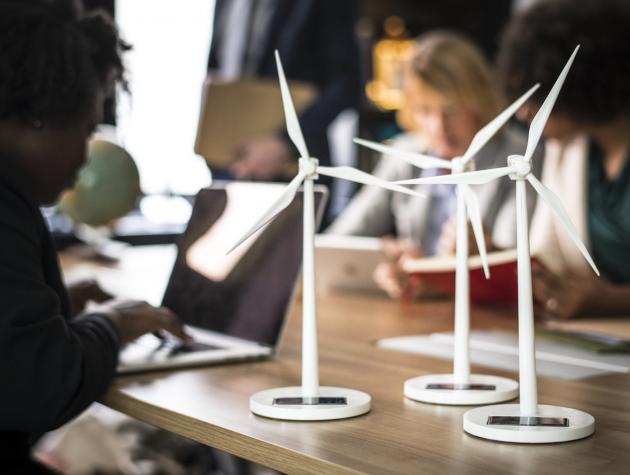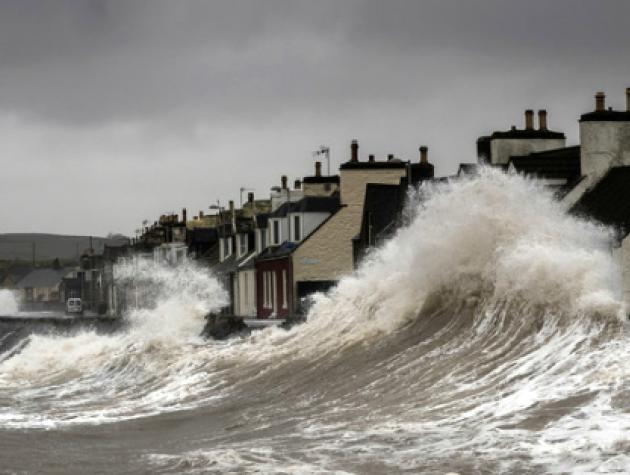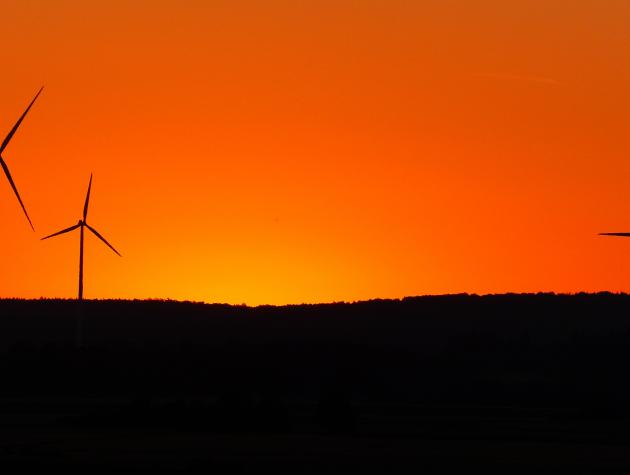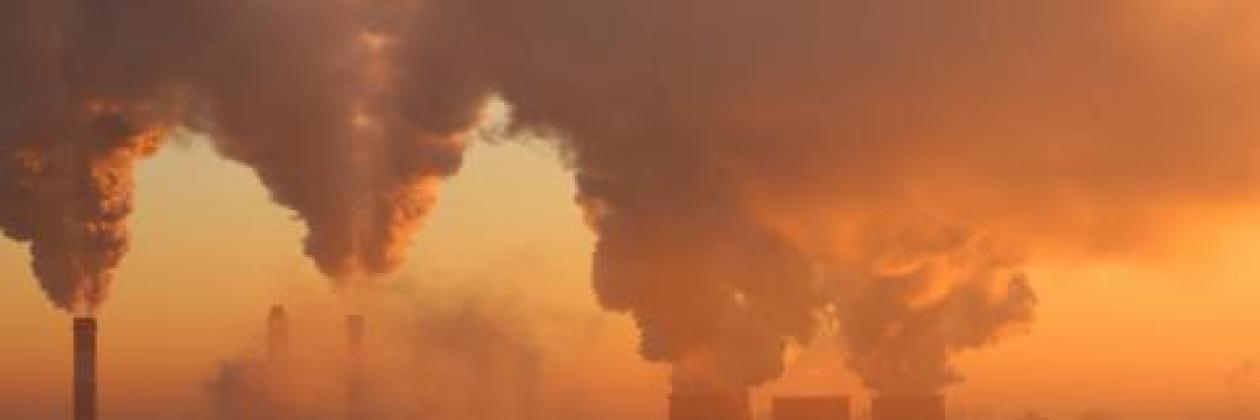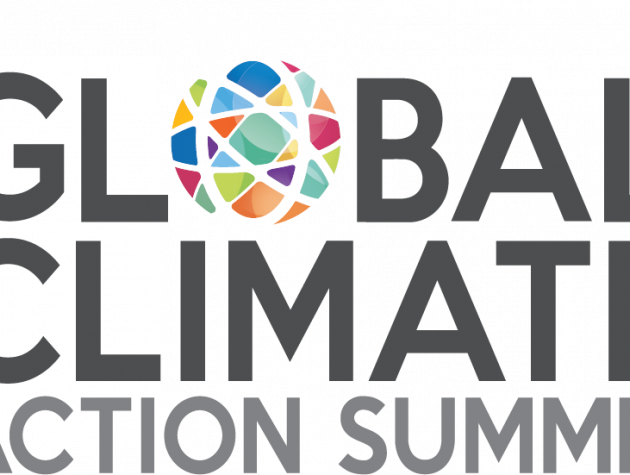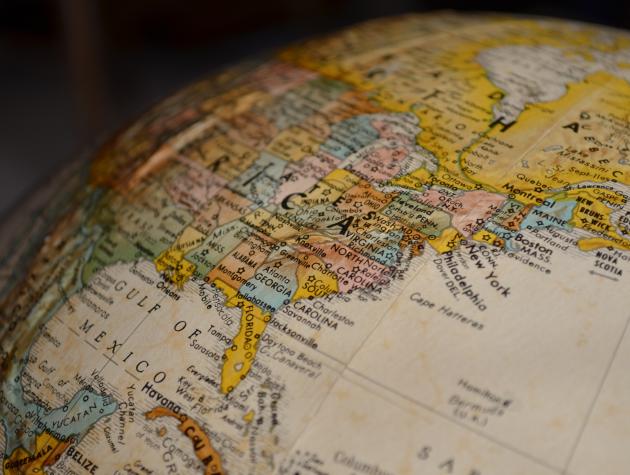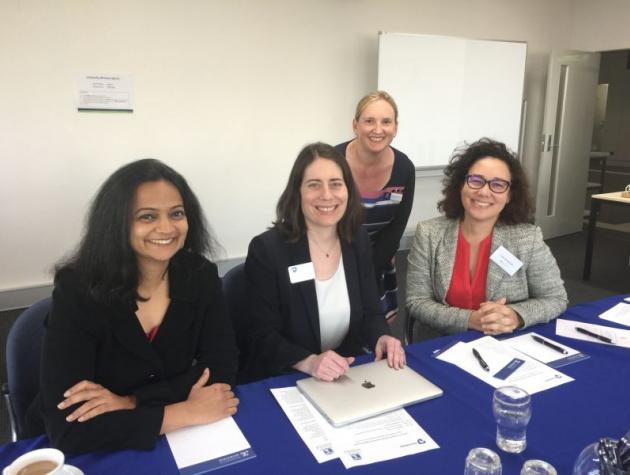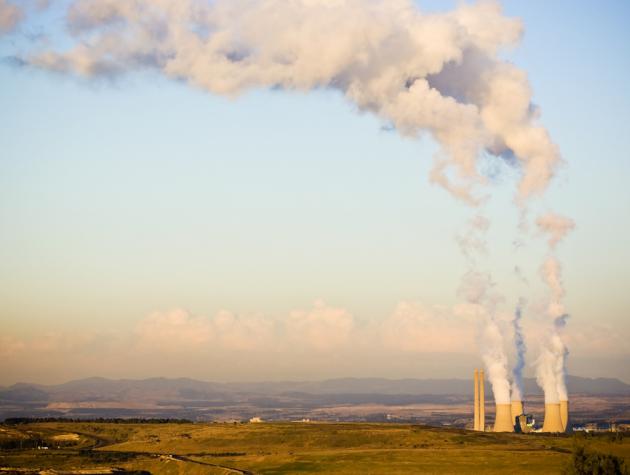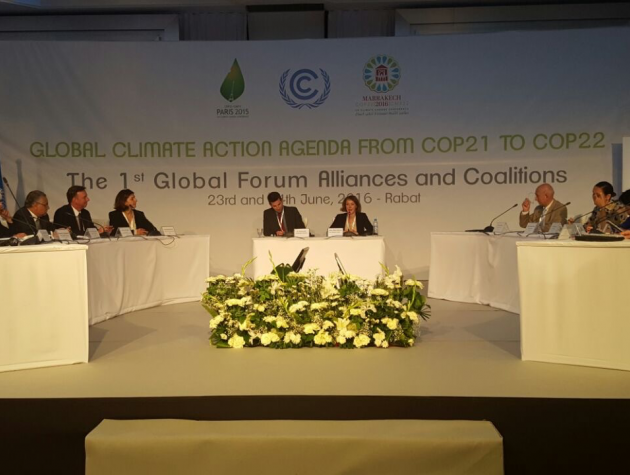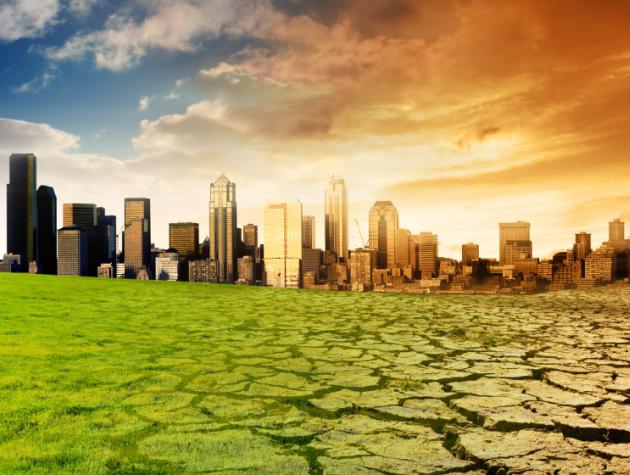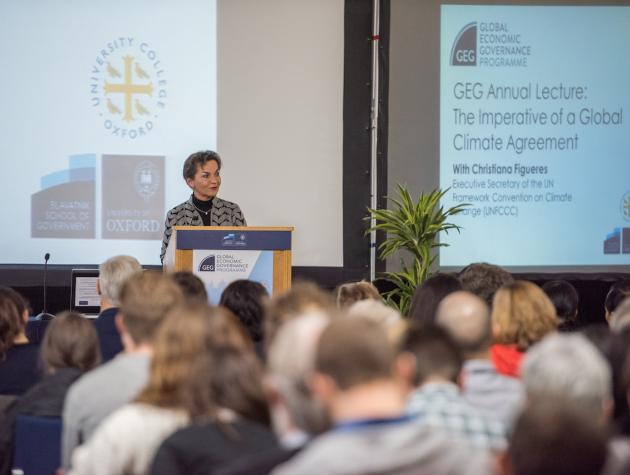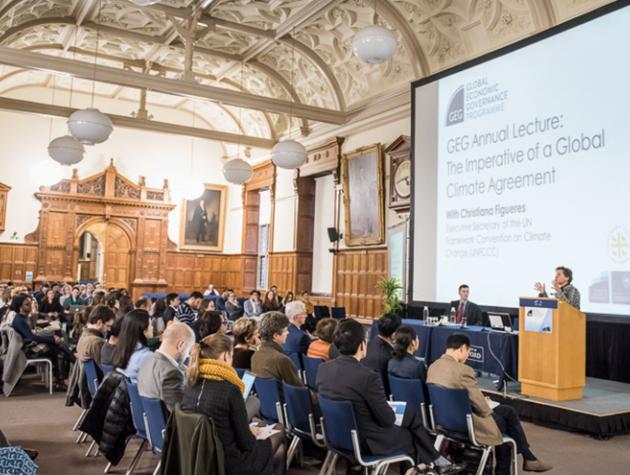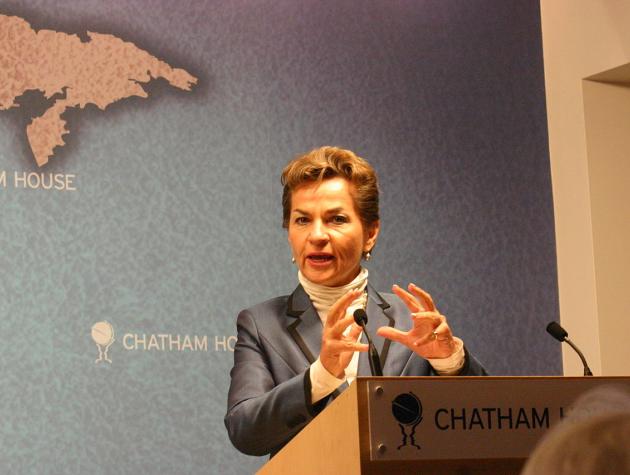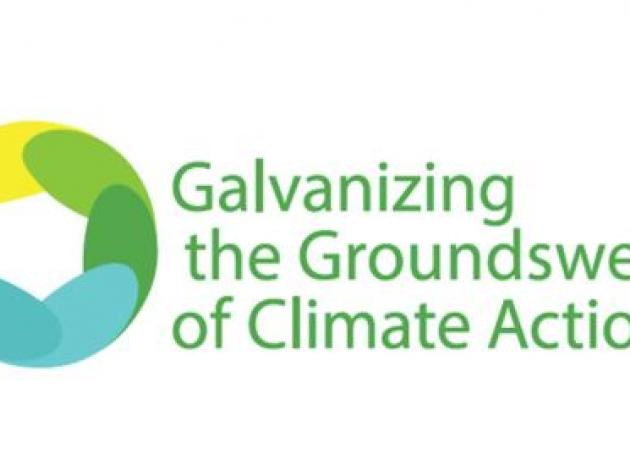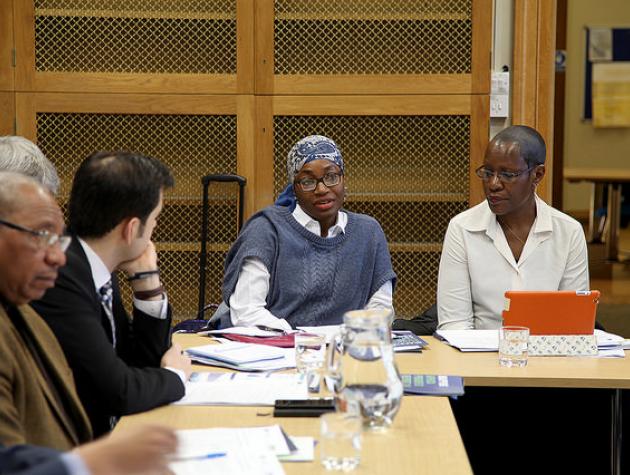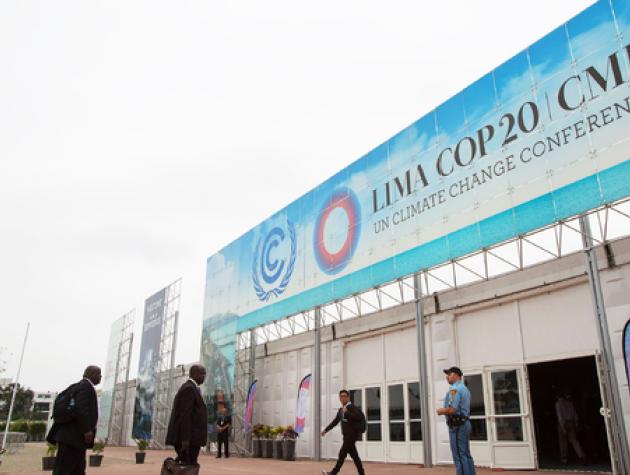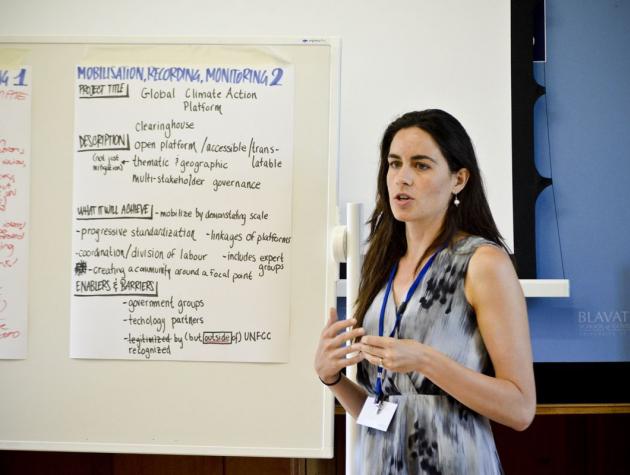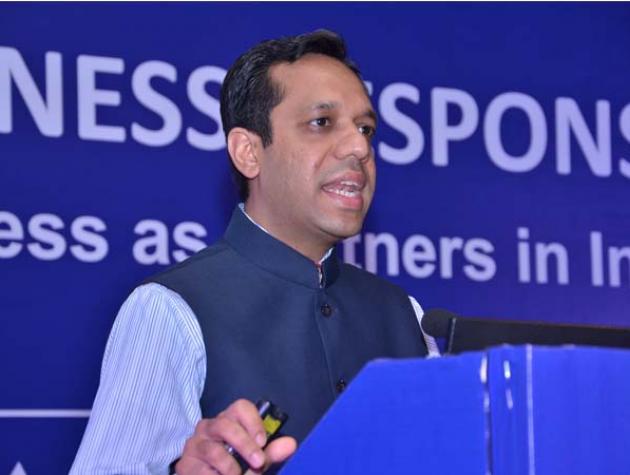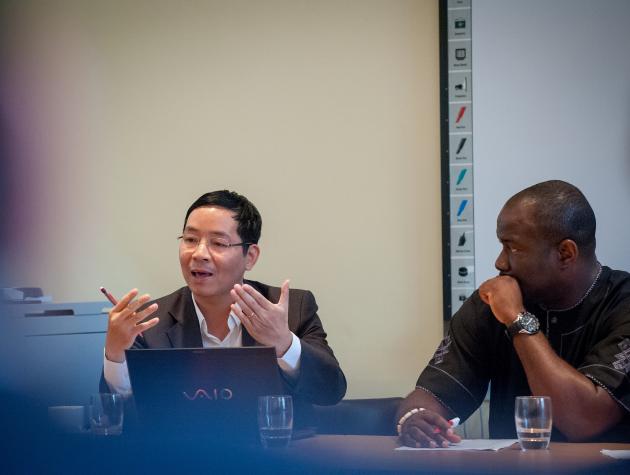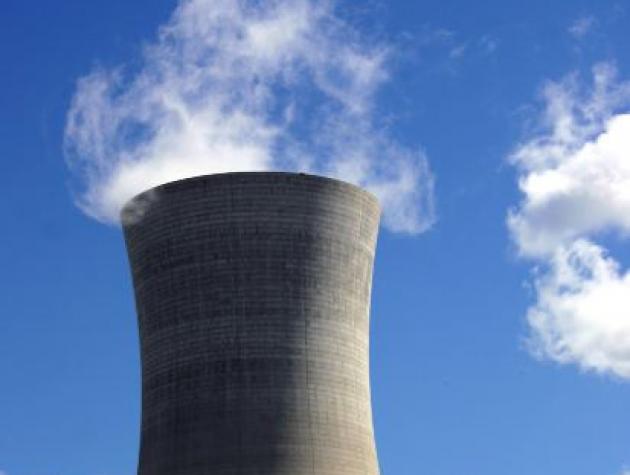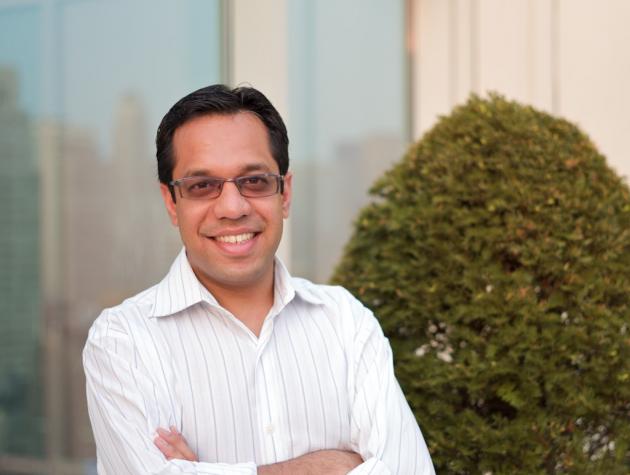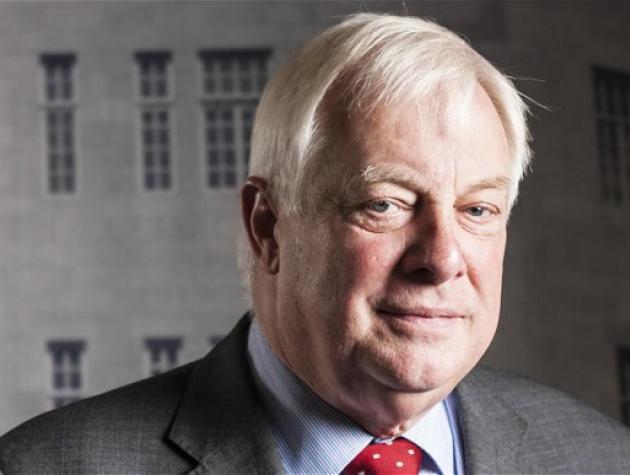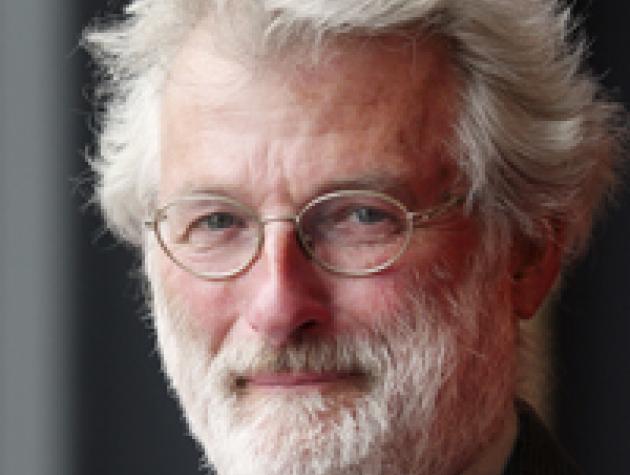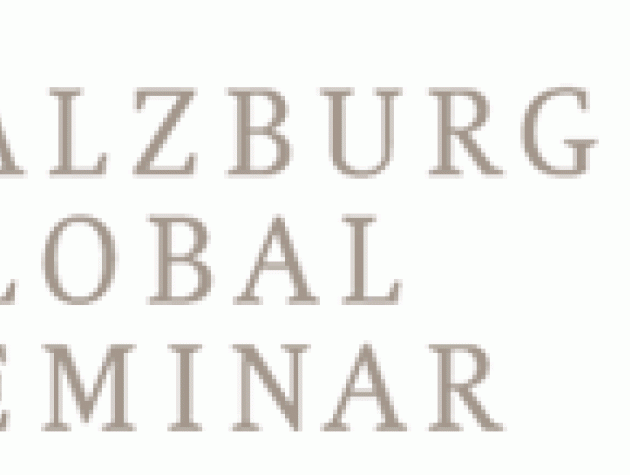Climate South
Strengthening Non-state Climate Action in the Global South (ClimateSouth) is a 3-year project that aims to develop a rigorous social scientific evidence base to support effective climate action by cities, regional governments, and businesses in developing countries.
ClimateSouth is led by the African Centre for Technology Studies (Kenya), the Blavatnik School of Government at Oxford University (UK), the German Development Institute (Germany), and The Energy and Resources Institute (India), with financial support from the Volkswagen Foundation, the Wellcome Trust, and the Riksbankens Jubileumsfond.
An essential piece of the climate challenge
In parallel to national governments, cities, companies, civil society groups, and other sub/non-state actors increasingly act to address climate change. While this shift represents an important breakthrough for a critical global challenge, it also faces a crucial barrier. Most of the world’s future emissions will come from developing countries, which will also experience the worst effects of climate change. Yet most non-state climate action is still concentrated in the Global North and the vast majority of transnational climate governance (TCG) initiatives are led by Northern actors. This balance will have to shift for TCG to realize its potential. Furthermore, we have only limited understanding of the impact and effectiveness of TCG initiatives, especially in the South.
Project objectives
This project aims to map, explain, and narrow this gap. In addition to global-level analysis, the project considers in detail sub/non-state action in India and Kenya. By collecting original, micro-level data in these countries, the project aims to understand the contextual factors that shape the outcomes of TCG “on the ground” in order to understand how sub/non-state actors in developing countries can best contribute to the global challenge of managing climate change. More detailed information in contained in the attached project proposal.
Project team
- Kennedy Mbeva, ACTS, Principle Investigator
- Manish Shrivastava, TERI, Principle Investigator
- Sander Chan, DIE, Principle Investigator
- Thomas Hale, Blavatnik School of Government, Principle Investigator
